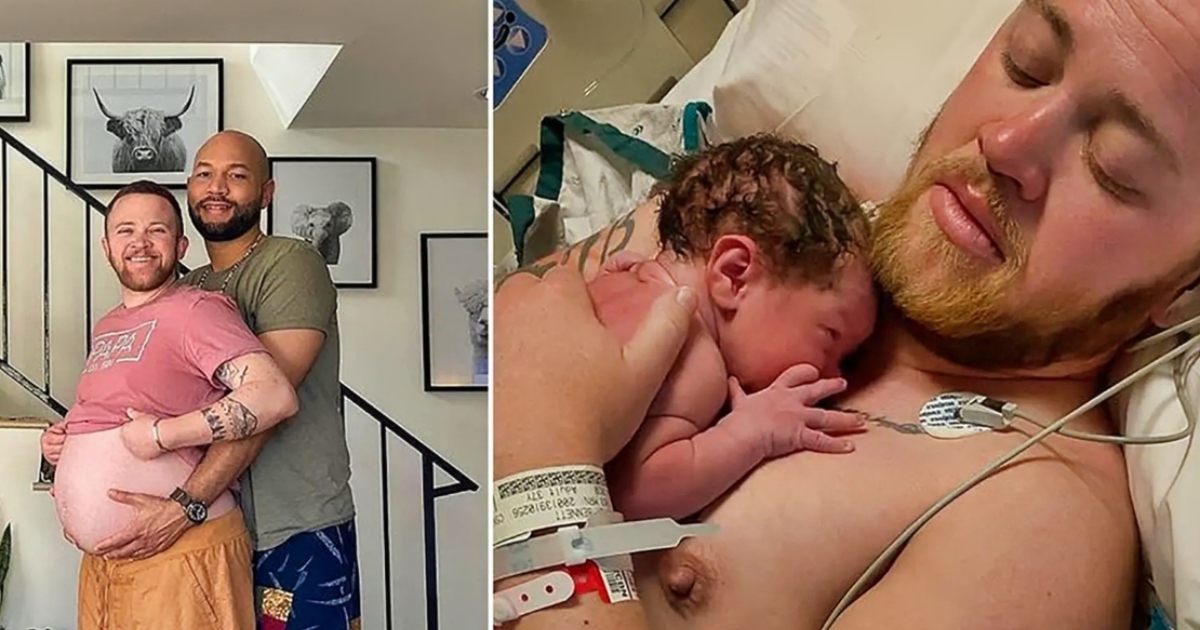Using a person’s preferred name and pronouns is a basic expression of respect, yet societal norms around gender can often lead to misgendering—especially in medical settings. This was a deeply personal issue for Bennett Kaspar-Williams, a 37-year-old transgender man who gave birth to his son, Hudson, via C-section in October 2020. Despite clearly identifying as male and using he/him pronouns, Kaspar-Williams was repeatedly referred to as “mother” by hospital staff, causing emotional distress during an already vulnerable time.
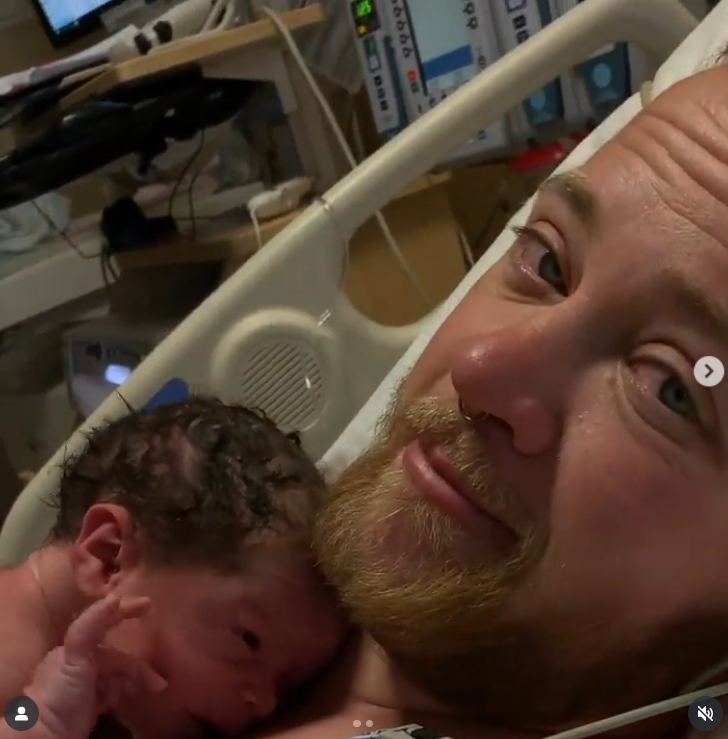
Kaspar-Williams began his gender transition in 2014, after realizing he was transgender in 2011. While he underwent top surgery, he chose not to pursue surgery on his lower body, which allowed him to carry a pregnancy. Though the decision to have a child brought him great joy, the constant misgendering throughout the pregnancy and delivery made the experience more challenging. Even with male gender markers on medical forms, the default assumptions of medical professionals remained rooted in traditional ideas that only women give birth.
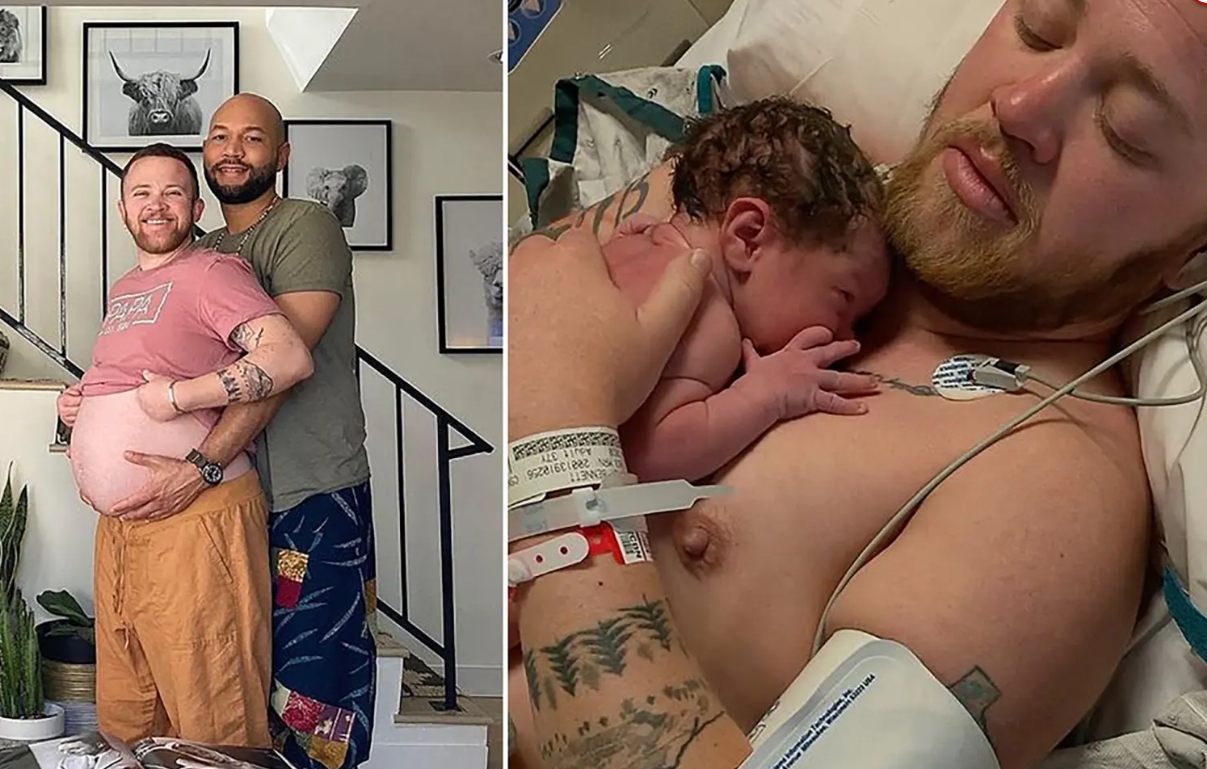
Since becoming a parent, Kaspar-Williams has spoken out about the need to separate childbirth from gender identity. He emphasizes that not everyone who gives birth is a woman and not all women can or choose to give birth. He explained that his dysphoria during pregnancy stemmed solely from being labeled as a “mother,” a role he never identified with. For Kaspar-Williams, choosing to get pregnant only made sense once he could mentally separate the physical act of giving birth from societal expectations around womanhood.
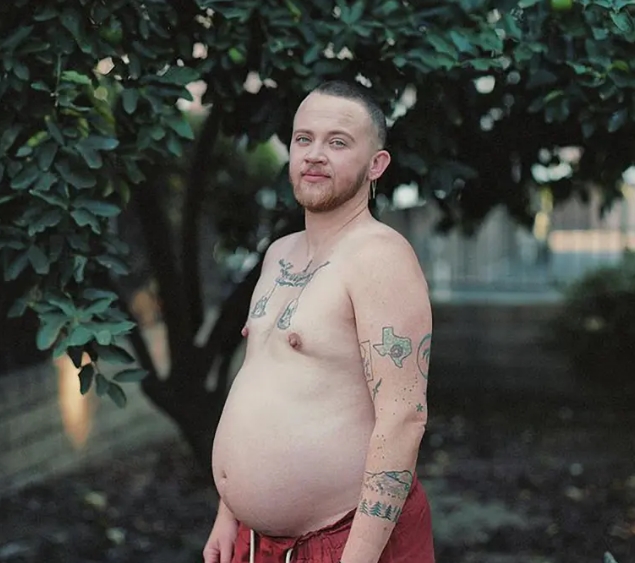
His story echoes the experience of Freddy McConnell, another transgender man who gave birth in 2019 and was later featured in a documentary. McConnell, who struggled with gender dysphoria since childhood, said transitioning allowed him to truly enjoy life. When he decided to have a baby to maintain a biological link, he viewed the decision pragmatically, saying he used his body’s capabilities to achieve a goal. Unlike Kaspar-Williams, McConnell said his hospital staff were accepting and respectful, making his childbirth experience feel powerful and affirming.
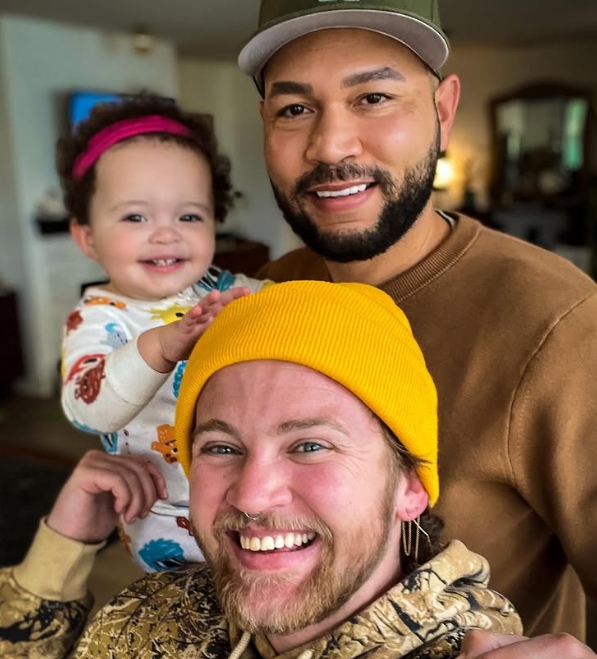
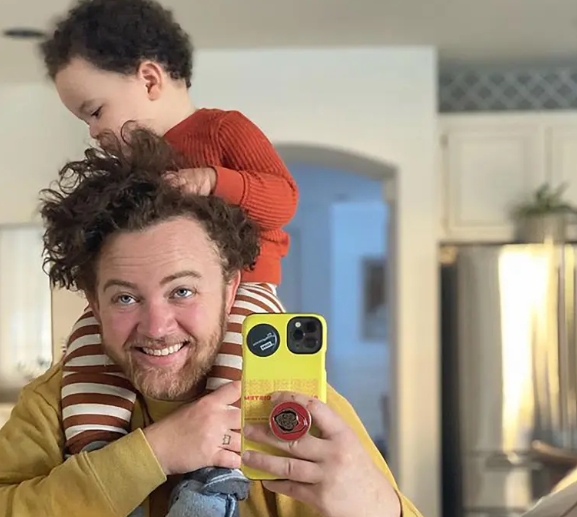
Both Kaspar-Williams and McConnell are now proudly raising their children as fathers. Kaspar-Williams embraces his role, saying, “Nothing feels stronger than being able to say I’m a dad who created my own child.” He looks forward to the day Hudson understands that his father carried him, helping normalize the diverse realities of modern families. Their stories challenge deeply rooted gender norms and pave the way for more inclusive perspectives on parenthood.
